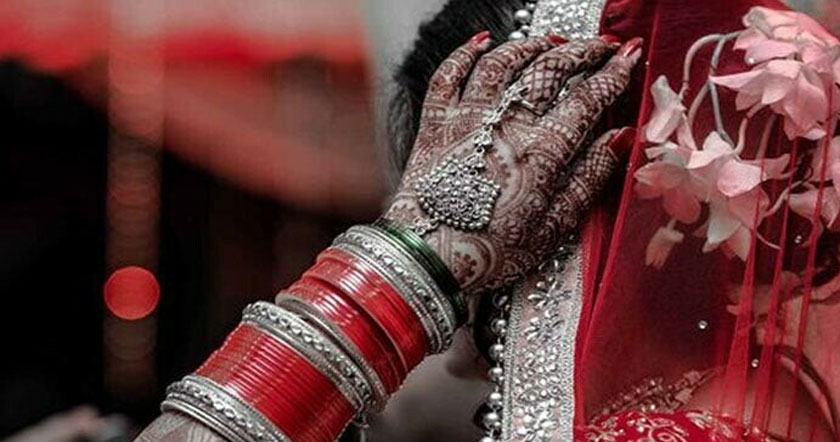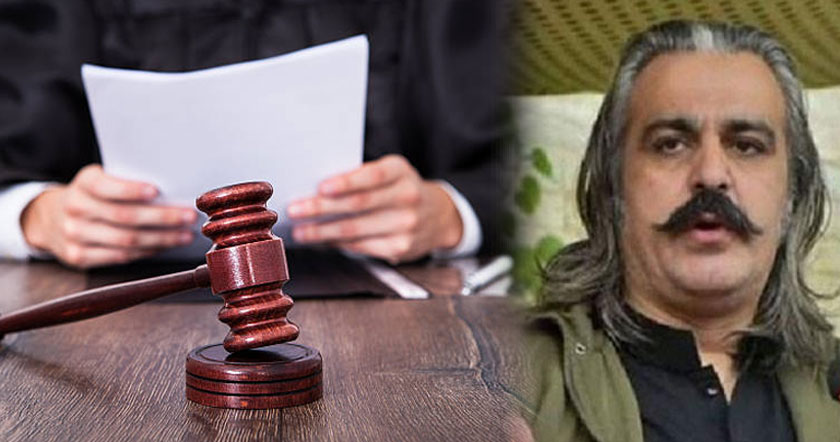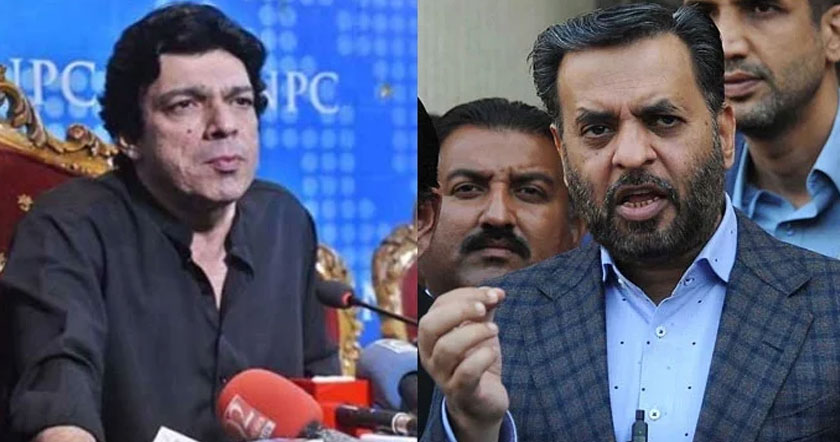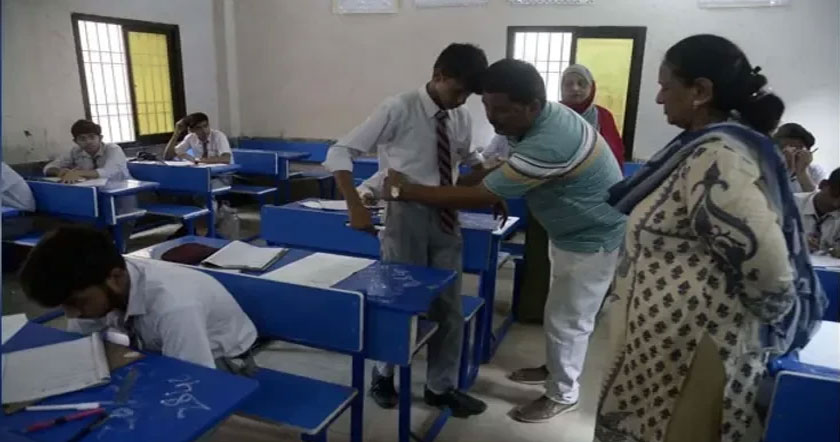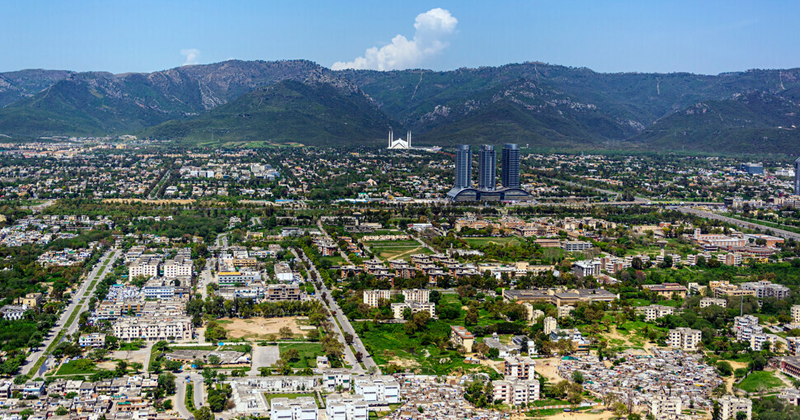Rebecca Blackwell/Associated Press
Updated: Sept. 11, 2012
Mali, a former French colony, is a West African nation that had often been cited as a democratic model. But in March 2012, mutinous soldiers in Bamako, the capital, rose up in a coup, overthrowing the elected government of President Amadou Toumani Tour.
The soldiers were angry over the governments mishandling of a rebellion by nomadic Tuareg rebels in the countrys vast northern desert. Soon after the coup, the Tuareg rebels seized much of the north.
In April, under international pressure, the military junta led by Capt. Amadou Sanogo agreed to a civilian government led by an interim president, Dioncounda Traor, the former leader of the national assembly; and an interim prime minister, Cheick Modibo Diarra, an unlikely Malian-American astrophysicist who once worked at NASA, a political neophyte known for emotional outbursts.
Mr. Traors future as president came into question in May, when a mob of angry protesters stormed the presidential palace and beat him into unconsciousness. He spent two months after the assault receiving medical treatment in Paris. In late July, Mr. Traor returned to Mali.
Radical Islamist Takeover in the North
The military coup left the Malian Army rudderless and unable to defend the vast northern region. While the south is still controlled by the military-led government in Bamako, the north has fallen into the hands of radical jihadi factions who pushed out the nomadic Tuareg rebels and imposed a brutal application of Shariah law, including public beatings, amputations and a stoning death.*
In mid-September, the radical Islamists extended their campaign of enforcing harsh Shariah law by amputating the hands and feet of four young men they accused of robbery in the main square at Gao, a principal town in the region.
With the Islamists increasingly well established in the north and appearing to be on the move southward, and with an undisciplined Malian Army that is largely standing by, there have been rising fears about possible Islamist incursions into the portion of Mali still controlled by the government.
The Malian Army has rejected offers of military assistance from regional powers, even as the countrys weak civilian government, shadowed by a military junta that took over in late March, appeared to accept those very offers in September. The interim president, Dioncounda Traor, asked the grouping of West African states, Ecowas, in a letter for five battalions, on the front line, to be gradually engaged in the control of the reconquered cities.
But the Malian Army, in statements to French radio, appeared to reject even that mild request, as it has dismissed such suggestions of help in the past. Diplomats have said the army and the junta are fearful that outside troops could weaken their dominant positions in the country.
About 400,000 people have fled the north since the Islamist takeover.
Background
The Tuareg are a nomadic people who live largely in the Sahara Desert, spanning Niger, Mali, Algeria and Libya. For centuries they plied caravan routes across the desert, but colonial borders turned them into citizens of several different nations. In the 1960s and 1990s, Tuareg rebellions erupted in the Sahara, seeking autonomy or independence. Violence flared again in 2007 in Niger, when Tuareg rebels seeking to wrest control of the countrys rich uranium deposits mounted a rebellion.
Libyas former leader, Col. Muammar el Qaddafi, supported Tuareg rebellions in Mali and Niger over several decades, and analysts in the region say the most recent uprising in Mali is closely linked to the fall of Colonel Qaddafi, whose weapons are suspected of playing a major role in the Malian rebels success.
That success led to intense frustration in the 7,000-strong Malian Army, which blamed the government of Mr. Tour, a former general, for the militarys shaky position.
In the North, a Radical Islamist Takeover
In the days after the military coup, the Tuareg rebels seized much of the desert expanse in northern Mali, declaring it an independent state called Azawad. But the Tuareg rebels called the National Movement for the Liberation of Azawad, known as the M.N.L.A. were then pushed into the background by the fierce ascendancy of radical Islamists, who have imposed a strict form of Shariah law on the region and now control the principal towns of Timbuktu, Gao and Kidal.
The Islamists have also embarked on a campaign of destroying religious shrines that has drawn condemnation from the United Nations and the International Criminal Court. The group is trying to stamp out what it sees as examples of decadent Western influence, and has gone after the monuments that have symbolized Timbuktus eminence as a center of broad-minded Islamic teaching for centuries.
In the wake of the Islamist takeover, more than 90,000 Malian refugees have fled to camps in Mauritanias remote eastern edge. Some of the Tuareg rebel leaders have taken refuge in Nouakchott, the Mauritanian capital. In interviews, several said that despite considerable military assets and deep knowledge of the tricky desert terrain, the Tuareg would not take up arms against the Islamists unless they received assistance, diplomatic recognition and unspecified guarantees from outside powers.
On July 18, the government of Mali formally asked the International Criminal Court to investigate atrocities attributed to groups of armed rebels, including Islamic extremists.
One of those atrocities occurred on July 29, when Islamists in control of a town in northern Mali stoned a couple to death after accusing them of having children outside of marriage, according to a local official who was one of several hundred witnesses to the killings.
The official said the bearded Islamists, armed with Kalashnikov rifles, brought the couple into the center of the town of Aguelhok from about 12 miles away in the countryside. The young man and woman were forced into holes about four feet deep, with their heads protruding, and then stoned to death.
In early August, Islamists publicly amputated the hand of a man they accused of robbery. The amputation took in the small town of Ansongo, just downriver from the provincial capital, Gao, which is under the rule of a group called the Movement for Oneness and Jihad in West Africa, or Mujao, splintered off from Al Qaeda. It was confirmed by a Mujao spokesman in Gao in a telephone interview, and by the Malian government in a statement later from Bamako, the capital.
In the South, a Climate of Violent Repression
While much alarm has been expressed about the extremist ministate in northern Mali, the situation in Bamako, the capital, is dire in its own way, with a worsening climate of repression and intimidation.
Hooded gunmen have abducted and beaten journalists at night. Soldiers who opposed the military junta have been tortured or forcibly disappeared. Those who beat the countrys elderly interim president have escaped without charges.
Rather than taking on the Islamists who have seized northern Mali, the military in the south appears intent on striking back at rivals who carried out a failed countercoup in late April.
Human Rights Watch accused the army of engaging in a campaign of horrific abuse against opposing soldiers at the juntas headquarters outside Bamako. One witness reported to the group that Captain Sanogo was seen kicking a detainee who has since disappeared.
Torture, sexual abuse and inhumane and degrading conditions are reported by Amnesty International, at the base where Captain Sanogo has his headquarters, in a report to be released soon.
The press, mostly critical of the junta and the countrys military, has been singled out for attack.*In June and July, two of the countrys most prominent journalists were hauled at gunpoint into the backs of pickup trucks and beaten with clubs and rifle butts. The attackers were not in uniform, but some wore army boots and carried weapons common with the Malian army. The beatings followed summonses to state security issued to two other prominent journalists.
Much of the opposition, having given up on the Malian Army, wants an outside force to come in to clean up the mess in the north. The Economic Community of West African States, known as Ecowas, is willing, and said in late July that it had secured Malis consent to go ahead with plans for a*3,000-soldier intervention force to help take back the north.
Johnnie Carson, the U.S. assistant secretary of state for African affairs, said in an interview that military force would likely be needed to roll back the Islamists gains in the north, but he said the Malian troops would have to take the lead in any such effort, something he acknowledged they were incapable of at present.
General Information on Mali
Official Name: Republic of Mali
Capital: Bamako (Current local time)
Government Type: Republic
Population: 11.995 million
Area: 474,764 square miles; the size of Texas and California combined
Languages: French (official), Bambara, numerous African languages
Literacy: Total Population: [19%] Male: [27%]; Female: [12%]
Year of Independence: 1960
http://topics.nytimes.com/top/news/international/countriesandterritories/mali/index.html
http://topics.nytimes.com/top/news/international/countriesandterritories/mali/index.html
Updated: Sept. 11, 2012
Mali, a former French colony, is a West African nation that had often been cited as a democratic model. But in March 2012, mutinous soldiers in Bamako, the capital, rose up in a coup, overthrowing the elected government of President Amadou Toumani Tour.
The soldiers were angry over the governments mishandling of a rebellion by nomadic Tuareg rebels in the countrys vast northern desert. Soon after the coup, the Tuareg rebels seized much of the north.
In April, under international pressure, the military junta led by Capt. Amadou Sanogo agreed to a civilian government led by an interim president, Dioncounda Traor, the former leader of the national assembly; and an interim prime minister, Cheick Modibo Diarra, an unlikely Malian-American astrophysicist who once worked at NASA, a political neophyte known for emotional outbursts.
Mr. Traors future as president came into question in May, when a mob of angry protesters stormed the presidential palace and beat him into unconsciousness. He spent two months after the assault receiving medical treatment in Paris. In late July, Mr. Traor returned to Mali.
Radical Islamist Takeover in the North
The military coup left the Malian Army rudderless and unable to defend the vast northern region. While the south is still controlled by the military-led government in Bamako, the north has fallen into the hands of radical jihadi factions who pushed out the nomadic Tuareg rebels and imposed a brutal application of Shariah law, including public beatings, amputations and a stoning death.*
In mid-September, the radical Islamists extended their campaign of enforcing harsh Shariah law by amputating the hands and feet of four young men they accused of robbery in the main square at Gao, a principal town in the region.
With the Islamists increasingly well established in the north and appearing to be on the move southward, and with an undisciplined Malian Army that is largely standing by, there have been rising fears about possible Islamist incursions into the portion of Mali still controlled by the government.
The Malian Army has rejected offers of military assistance from regional powers, even as the countrys weak civilian government, shadowed by a military junta that took over in late March, appeared to accept those very offers in September. The interim president, Dioncounda Traor, asked the grouping of West African states, Ecowas, in a letter for five battalions, on the front line, to be gradually engaged in the control of the reconquered cities.
But the Malian Army, in statements to French radio, appeared to reject even that mild request, as it has dismissed such suggestions of help in the past. Diplomats have said the army and the junta are fearful that outside troops could weaken their dominant positions in the country.
About 400,000 people have fled the north since the Islamist takeover.
Background
The Tuareg are a nomadic people who live largely in the Sahara Desert, spanning Niger, Mali, Algeria and Libya. For centuries they plied caravan routes across the desert, but colonial borders turned them into citizens of several different nations. In the 1960s and 1990s, Tuareg rebellions erupted in the Sahara, seeking autonomy or independence. Violence flared again in 2007 in Niger, when Tuareg rebels seeking to wrest control of the countrys rich uranium deposits mounted a rebellion.
Libyas former leader, Col. Muammar el Qaddafi, supported Tuareg rebellions in Mali and Niger over several decades, and analysts in the region say the most recent uprising in Mali is closely linked to the fall of Colonel Qaddafi, whose weapons are suspected of playing a major role in the Malian rebels success.
That success led to intense frustration in the 7,000-strong Malian Army, which blamed the government of Mr. Tour, a former general, for the militarys shaky position.
In the North, a Radical Islamist Takeover
In the days after the military coup, the Tuareg rebels seized much of the desert expanse in northern Mali, declaring it an independent state called Azawad. But the Tuareg rebels called the National Movement for the Liberation of Azawad, known as the M.N.L.A. were then pushed into the background by the fierce ascendancy of radical Islamists, who have imposed a strict form of Shariah law on the region and now control the principal towns of Timbuktu, Gao and Kidal.
The Islamists have also embarked on a campaign of destroying religious shrines that has drawn condemnation from the United Nations and the International Criminal Court. The group is trying to stamp out what it sees as examples of decadent Western influence, and has gone after the monuments that have symbolized Timbuktus eminence as a center of broad-minded Islamic teaching for centuries.
In the wake of the Islamist takeover, more than 90,000 Malian refugees have fled to camps in Mauritanias remote eastern edge. Some of the Tuareg rebel leaders have taken refuge in Nouakchott, the Mauritanian capital. In interviews, several said that despite considerable military assets and deep knowledge of the tricky desert terrain, the Tuareg would not take up arms against the Islamists unless they received assistance, diplomatic recognition and unspecified guarantees from outside powers.
On July 18, the government of Mali formally asked the International Criminal Court to investigate atrocities attributed to groups of armed rebels, including Islamic extremists.
One of those atrocities occurred on July 29, when Islamists in control of a town in northern Mali stoned a couple to death after accusing them of having children outside of marriage, according to a local official who was one of several hundred witnesses to the killings.
The official said the bearded Islamists, armed with Kalashnikov rifles, brought the couple into the center of the town of Aguelhok from about 12 miles away in the countryside. The young man and woman were forced into holes about four feet deep, with their heads protruding, and then stoned to death.
In early August, Islamists publicly amputated the hand of a man they accused of robbery. The amputation took in the small town of Ansongo, just downriver from the provincial capital, Gao, which is under the rule of a group called the Movement for Oneness and Jihad in West Africa, or Mujao, splintered off from Al Qaeda. It was confirmed by a Mujao spokesman in Gao in a telephone interview, and by the Malian government in a statement later from Bamako, the capital.
In the South, a Climate of Violent Repression
While much alarm has been expressed about the extremist ministate in northern Mali, the situation in Bamako, the capital, is dire in its own way, with a worsening climate of repression and intimidation.
Hooded gunmen have abducted and beaten journalists at night. Soldiers who opposed the military junta have been tortured or forcibly disappeared. Those who beat the countrys elderly interim president have escaped without charges.
Rather than taking on the Islamists who have seized northern Mali, the military in the south appears intent on striking back at rivals who carried out a failed countercoup in late April.
Human Rights Watch accused the army of engaging in a campaign of horrific abuse against opposing soldiers at the juntas headquarters outside Bamako. One witness reported to the group that Captain Sanogo was seen kicking a detainee who has since disappeared.
Torture, sexual abuse and inhumane and degrading conditions are reported by Amnesty International, at the base where Captain Sanogo has his headquarters, in a report to be released soon.
The press, mostly critical of the junta and the countrys military, has been singled out for attack.*In June and July, two of the countrys most prominent journalists were hauled at gunpoint into the backs of pickup trucks and beaten with clubs and rifle butts. The attackers were not in uniform, but some wore army boots and carried weapons common with the Malian army. The beatings followed summonses to state security issued to two other prominent journalists.
Much of the opposition, having given up on the Malian Army, wants an outside force to come in to clean up the mess in the north. The Economic Community of West African States, known as Ecowas, is willing, and said in late July that it had secured Malis consent to go ahead with plans for a*3,000-soldier intervention force to help take back the north.
Johnnie Carson, the U.S. assistant secretary of state for African affairs, said in an interview that military force would likely be needed to roll back the Islamists gains in the north, but he said the Malian troops would have to take the lead in any such effort, something he acknowledged they were incapable of at present.
General Information on Mali
Official Name: Republic of Mali
Capital: Bamako (Current local time)
Government Type: Republic
Population: 11.995 million
Area: 474,764 square miles; the size of Texas and California combined
Languages: French (official), Bambara, numerous African languages
Literacy: Total Population: [19%] Male: [27%]; Female: [12%]
Year of Independence: 1960
http://topics.nytimes.com/top/news/international/countriesandterritories/mali/index.html
http://topics.nytimes.com/top/news/international/countriesandterritories/mali/index.html
















